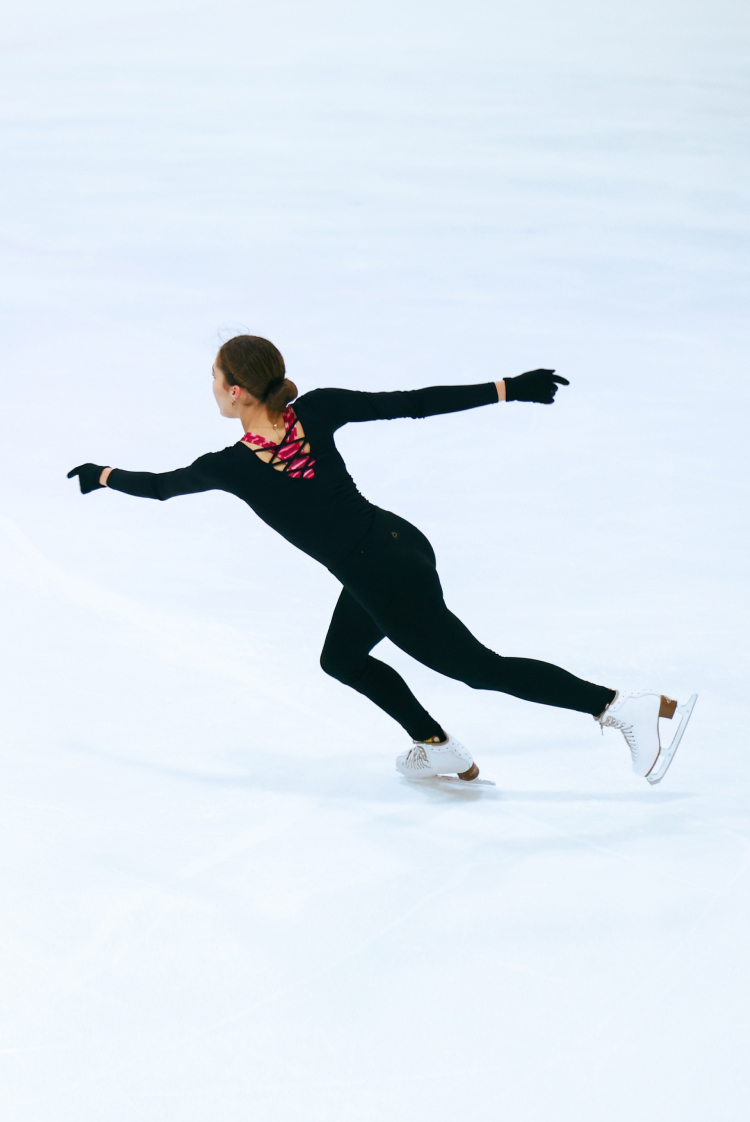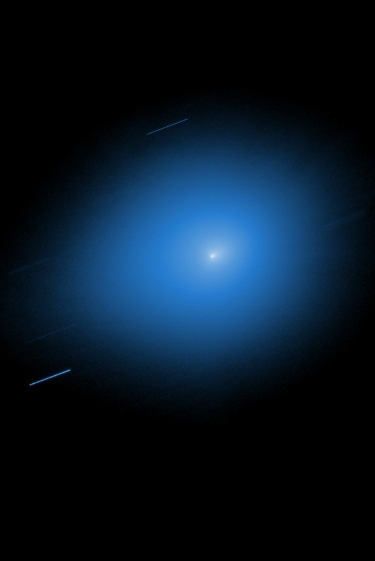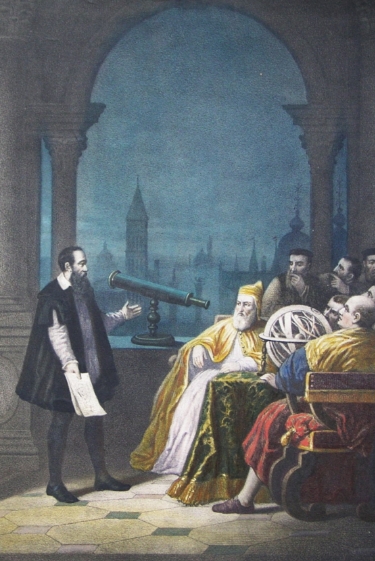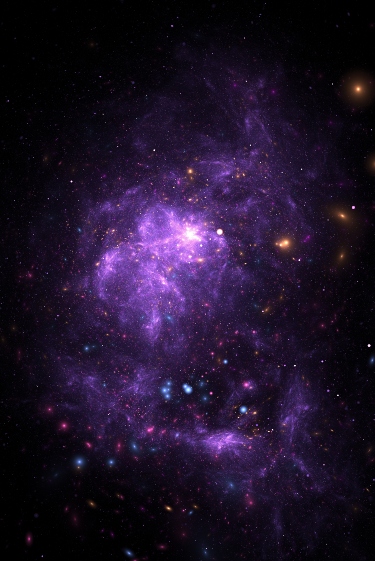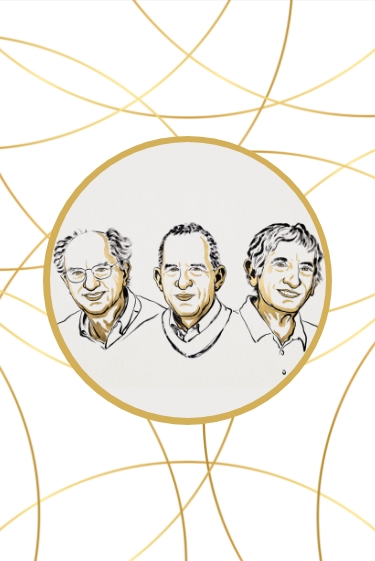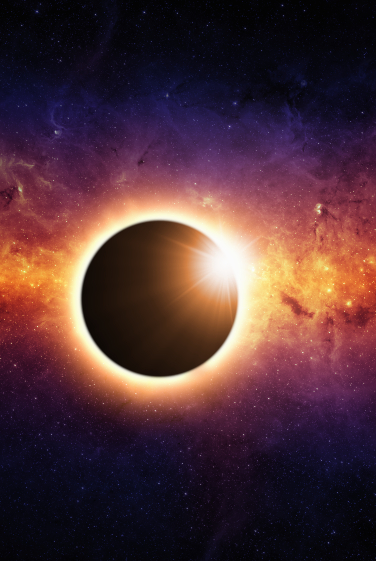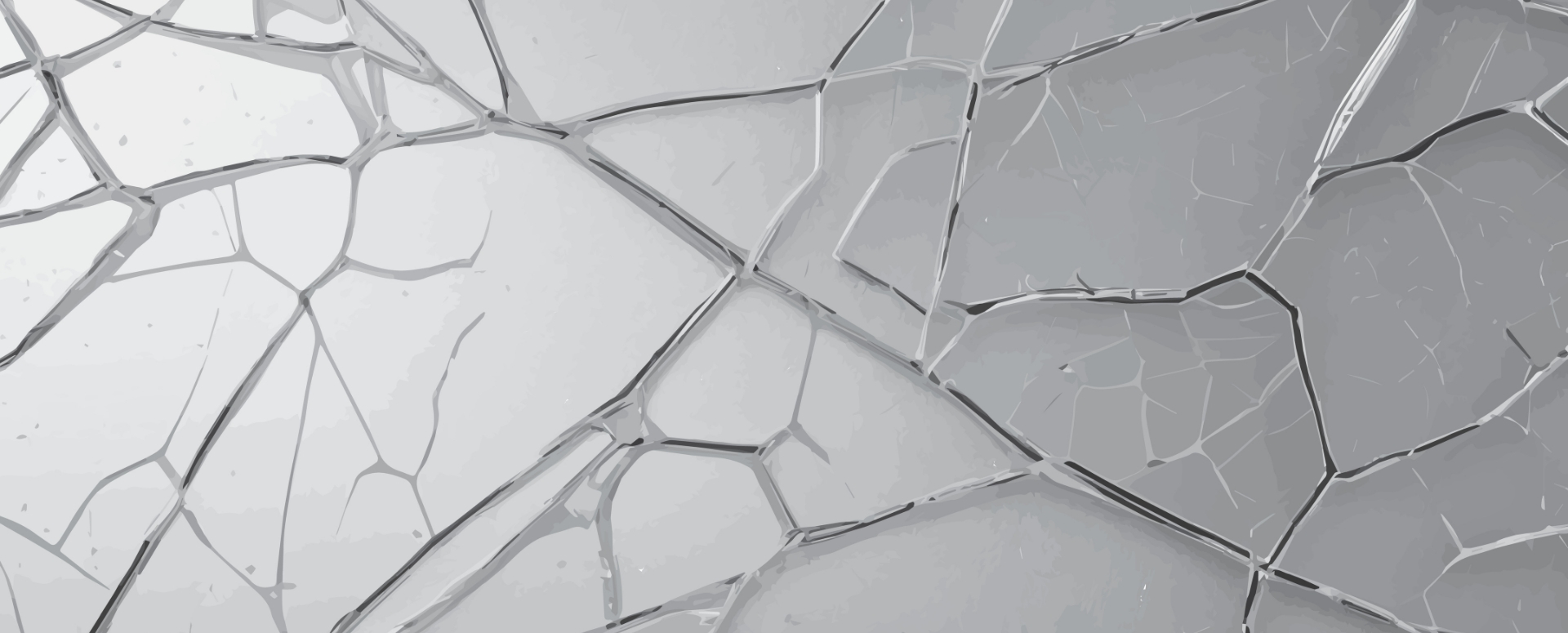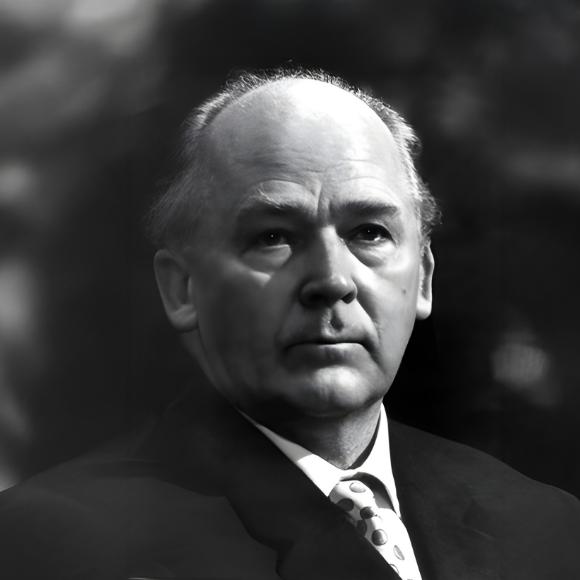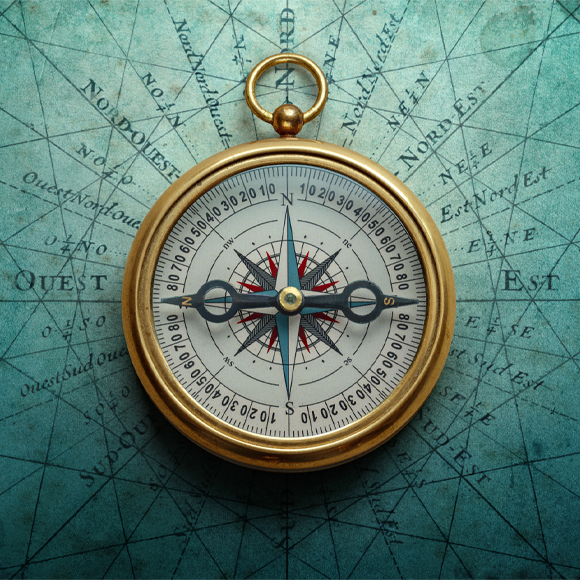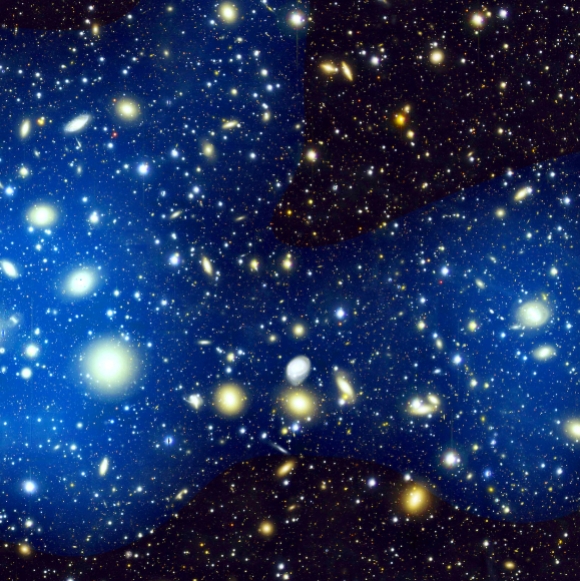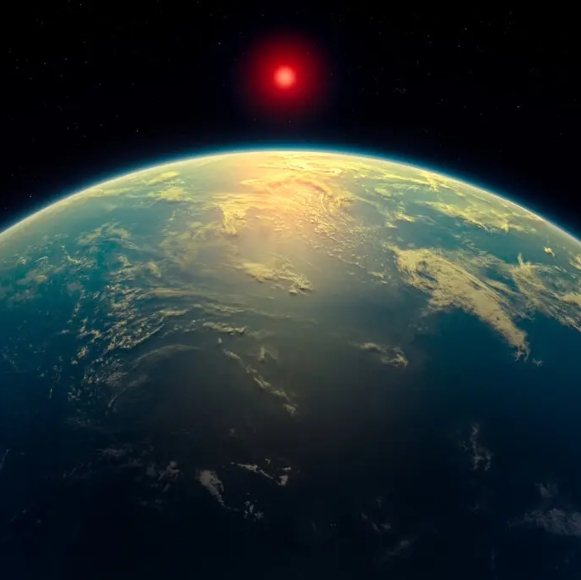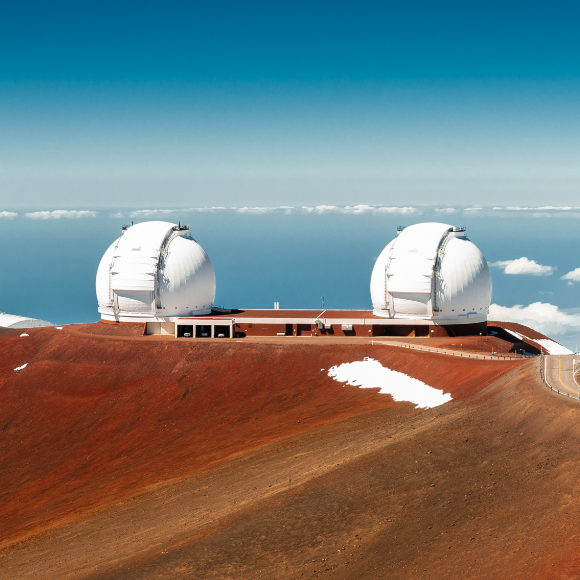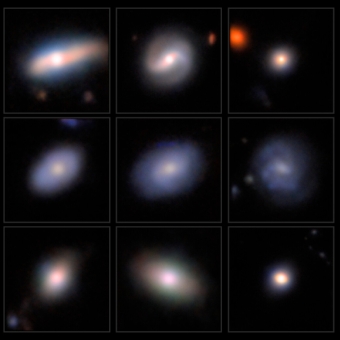Physics
Skating on Ice: A Physics Mystery
Sometimes physics struggles to provide clear answers to questions that seem simple. One of these questions is why ice is slippery. Although humans have been slipping on ice for many years, scientists still haven’t agreed on a single theory that fully explains why. A new study offers a potential answer.
Retirement, a Landing, and a Solar Eruption: Space News Roundup
A veteran astronaut retires from NASA, a cracked spacecraft landed safely, a major military space-debris removal effort takes shape—and what’s the connection between solar eruptions and avalanches? Space News Roundup
New NASA Administrator and an Enigmatic Cosmic Blast: This Week in Space
A private astronaut has been appointed to lead the U.S. space agency, an interstellar comet is making a close pass, a Mars orbiter is in trouble, and astronomers may have spotted a new kind of cosmic event. This Week in Space
A Brief History of the Telescope
For thousands of years, humans gazed at the sky without understanding what lay behind the points of light above them. The invention of the telescope opened a window for humanity to distant worlds. But whom do we have to thank for the device that can transform a tiny speck in the night sky into a breathtaking image of Saturn?
Changes at the Helm of NASA: This Week in Space
The U.S. President reintroduces a previously rejected candidate to head the space agency, a first step toward a private space station, delays aboard China’s space station, and a debate over the expansion of the universe. This Week in Space
Nobel Prize in Physics 2025: Quantum Tunneling
The Nobel Prize in Physics will be awarded this year to three scientists for the discovery of macroscopic quantum tunneling—a breakthrough that laid the foundation for quantum encryption, advanced sensors, and the development of quantum computers.
NASA Sets Date for Crewed Lunar Mission: This Week in Space
NASA announced that it may send humans on a flight around the Moon as early as this coming February and named a new group of astronauts. Russian mice have returned from space, and new satellites are en route to study the Sun.
Charting the Course – Navigation Throughout History
From ancient Polynesian seafarers to nuclear submarines, from traders in camel caravans to astronauts – everyone must successfully navigate from one place to another. Throughout history, humanity has developed many sophisticated methods to find its way and refine the skill and art of navigation.
Signals and Wonders – Prof. Yonina Eldar Receives the Israel Prize
Miniaturized medical devices, green technology, advanced radar systems, and new methods in artificial intelligence are just some of the technologies developed by Prof. Yonina Eldar of the Weizmann Institute of Science, recipient of the Israel Prize in Engineering Research and one of the world’s leading researchers in signal processing.
